More than two years into the pandemic, it would appear the COVID-19 virus is somewhat under control. But with many people still unvaccinated both in the U.S. and across the globe, the virus is still a very real threat. “I don’t think we need any more scientific breakthroughs, we know how to stop severe Covid: vaccines,” says Dr. Panagis Galiatsatos, assistant professor of medicine and expert in pulmonary and critical care medicine at Johns Hopkins Medicine. Here is what virus experts think will happen next. Read on—and to ensure your health and the health of others, don’t miss these Sure Signs You’ve Already Had COVID.


The next few months may seem comparatively calm, thanks to the drop in COVID cases across the U.S. “COVID may appear to go quiet in our communities, but it will still be there, we’ll still have people hospitalized, we’ll still have people die—but it will be at a level that will be substantially lower than we’ve seen,” says Dr. Michael Osterholm, a leading epidemiologist and director of the Center for Infectious Disease Research and Policy at the University of Minnesota.
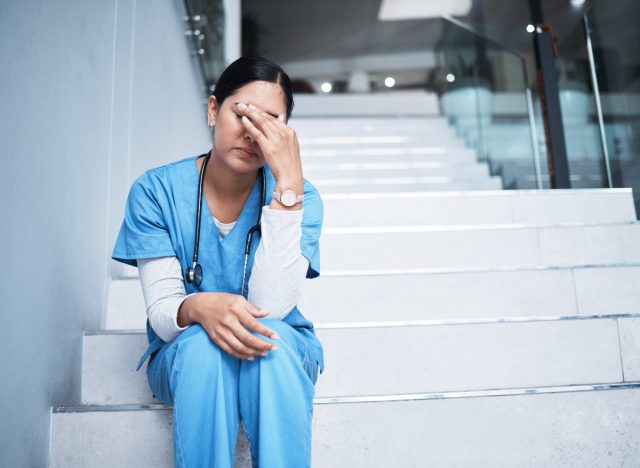

“We’re going to have another wave in six to eight months, and it’s likely to be more vaccine resistant. It’s likely to be more transmissible, but we don’t know about the severity,” says Mark Dybul, a Georgetown University professor and immunologist who serves as CEO of Enochian BioSciences.
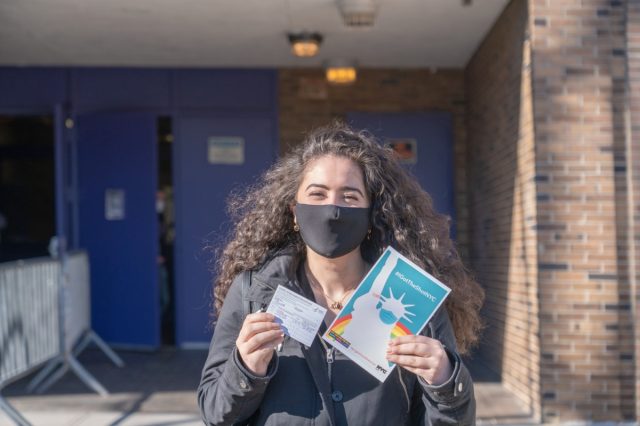

It’s not all doom and gloom—some doctors believe there will be better immunity for the next COVID-19 wave. “Generally speaking, the level of immunity in our population is going to be much higher than it was going into the Omicron pandemic, and that’s going to help us not only with Omicron and Delta, if they’re still circulating, but it will also help us with any new variants,” says Dr. John Swartzberg, an expert in infectious diseases and vaccinology and clinical professor emeritus at the University of California, Berkeley’s School of Public Health. “To what degree will depend on the availability of medicines to intervene.”
RELATED: I’m a Doctor and Here’s the #1 Trick For Ageless Beauty
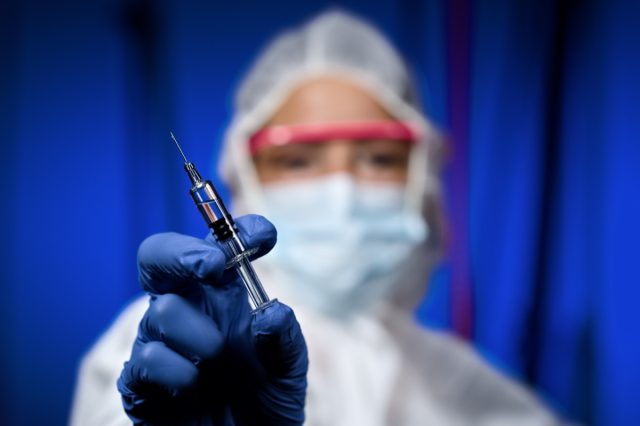

While the U.S. finally has some control over the virus thanks to pandemic regulations and vaccinations, COVID-19 is still causing serious issues in places like Hong Kong and China, where fresh outbreaks are occurring. “We do not possess the prerequisites for living with the virus because the vaccination rate is not good, especially amongst the elderly,” says Hong Kong Chief Executive Carrie Lam. “I could not stand seeing a lot of old people dying in my hospitals.”
RELATED: COVID Symptoms That Worry Doctors Most
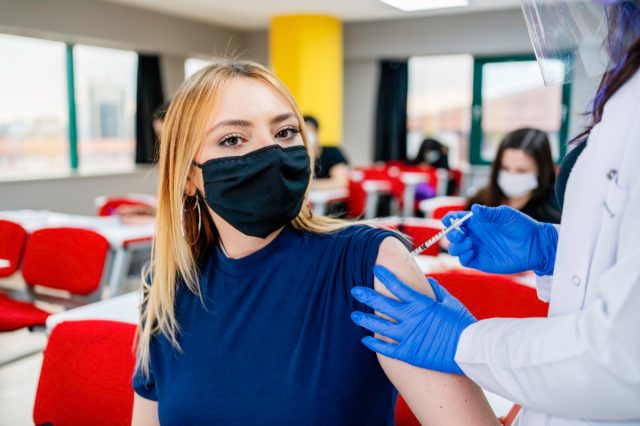

Because the COVID-19 virus and subsequent variants are so well adapted at spreading between humans, it will be next to impossible to eliminate permanently, experts believe. “Your great, great, great grandchildren are going to be getting immunized against SARS-CoV-2 because of the way we responded to this. We will now never be rid of it,” says Dr. Gregory Poland, head of Mayo Clinic’s Vaccine Research Group.
RELATED: How Long Do COVID Symptoms Last?
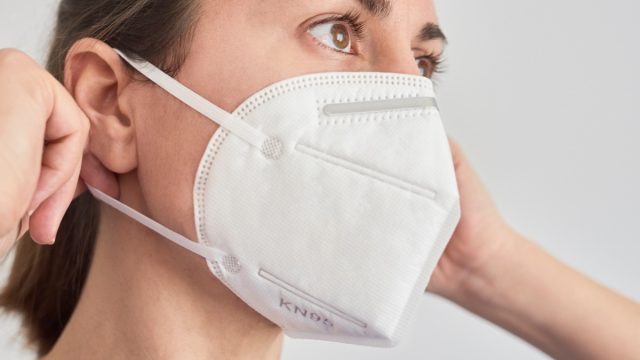

Follow the public health fundamentals and help end this pandemic, no matter where you live—get vaccinated or boosted ASAP; if you live in an area with low vaccination rates, wear an N95 face mask, don’t travel, social distance, avoid large crowds, don’t go indoors with people you’re not sheltering with (especially in bars), practice good hand hygiene, and to protect your life and the lives of others, don’t visit any of these 35 Places You’re Most Likely to Catch COVID.